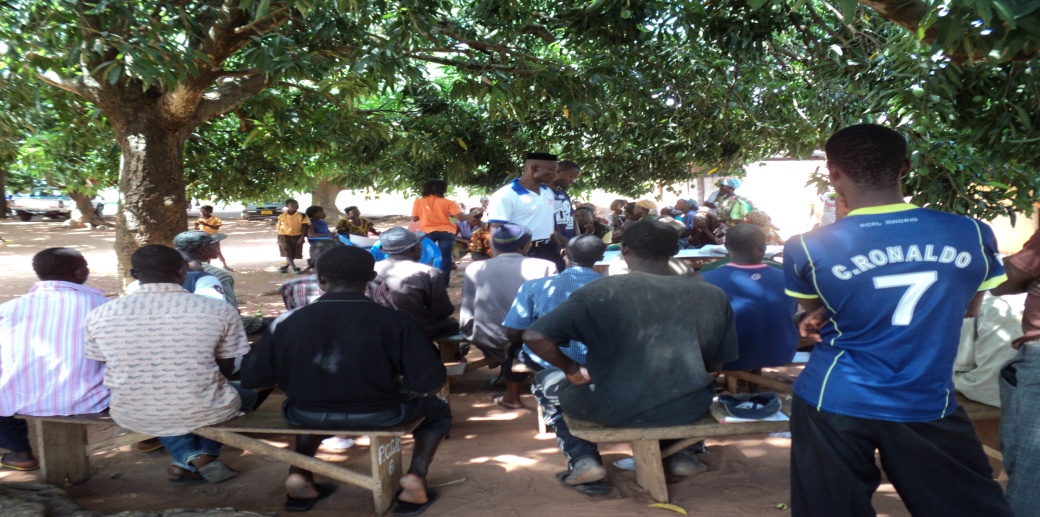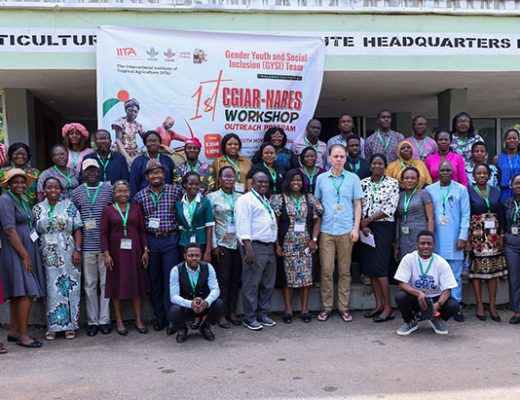In view of the low productivity of maize in Ghana, the SARD-SC maize project in April, adopted the Participatory Research and Extension Approach (PREA) on innovation platforms to foster interaction among stakeholders and problem diagnosis and in accelerating the adoption of technologies.
This approach has enabled the project to successfully obtain gender-disaggregated field data from 745 farmers (423 males and 322 females) from 18 communities in Ghana across three innovation platforms constituting the project area. It employed a series of workshops, field work, and community analysis strategies in identifying farmers’ production constraints, opportunities, and solutions towards improving maize productivity.
By this, the project has identified an array of possibilities capable of surmounting the constraints and counteracting the vulnerabilities being experienced by maize farmers in the production, processing, and marketing of harvests.
As a measure of remedying the situation, the SARD-SC maize project has developed community action plans to cater to policy advocacy, technology validation, and capacity building of affected farmers. Other agronomic interventions deployed to validate and disseminate improved options include the following:
• Strategic mother trials to validate improved agronomic options that address declining soil fertility, erratic rainfall, and Striga infestation in the project area;
• Demonstration of mini-kit seed drops to disseminate multiple stress tolerant/resistant maize varieties for quick adoption;
• On-farm demonstration of improved maize varieties and complementary agronomic practices; and
• Community seed production schemes to amplify the availability of improved seeds at the community level.



No Comments